1. Reading a Paper Map

Sure, GPS is great—until your phone dies or loses signal in the middle of nowhere. Boomers grew up relying on paper maps, and knowing how to read one can be a lifesaver. If you ever find yourself lost with no technology to guide you, a good old-fashioned road atlas or topographical map can get you back on track. Knowing how to orient a map with a compass adds an extra layer of safety. It’s also helpful in emergency situations where you need to plan the quickest or safest route out of an area says Money Wise.
Practice by picking up a map of your city and tracing different routes to common destinations. Pay attention to landmarks, major highways, and alternate roads. If you’re in a rural area, knowing where bodies of water, mountains, or train tracks are located can be crucial. The more you practice, the more natural it becomes adds MSN.
2. Cooking from Scratch

Boomers didn’t always have the convenience of prepackaged meals and takeout, which means they mastered cooking from scratch. If the power goes out or supply chains break down, knowing how to whip up a meal with pantry staples could make a huge difference. Simple skills like making bread, preserving food, or cooking over an open flame are invaluable. These methods also tend to be healthier and more budget-friendly than processed foods shares the Frugal Expat.
Start by learning basic recipes that use simple, shelf-stable ingredients. A pot of homemade soup or a loaf of fresh bread can go a long way in an emergency. Understanding how to cook with what you have on hand also reduces waste. Plus, there’s something deeply satisfying about making a meal from scratch says Your Tango.
3. Starting a Fire Without Matches
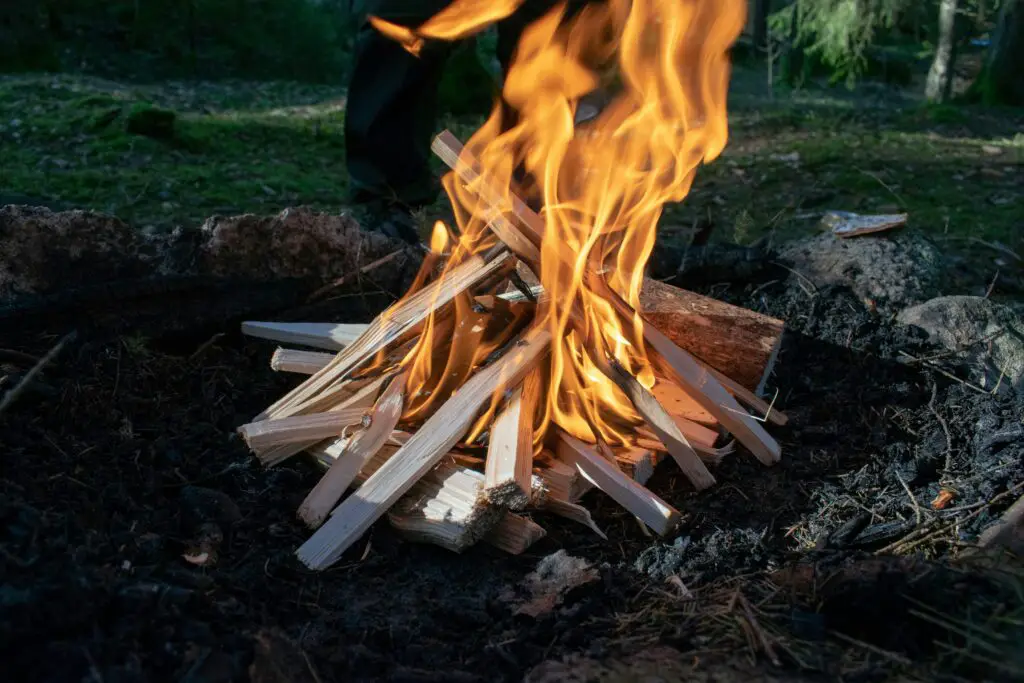
Boomers knew how to start a fire without relying on lighters or matches, a skill that can be crucial in survival situations. Whether you’re camping, stranded in the wild, or dealing with a power outage in winter, fire provides warmth, light, and a way to cook food. Knowing how to use flint and steel, a magnifying glass, or even friction-based methods like a bow drill can be a game-changer.
Start by gathering dry tinder and small kindling before you even attempt to ignite a spark. Once you have a flame, gradually add larger pieces of wood to keep it going. Understanding fire safety is just as important—you don’t want to accidentally start a wildfire. Practice in a controlled environment so you’re ready when it counts.
4. Mending Clothes
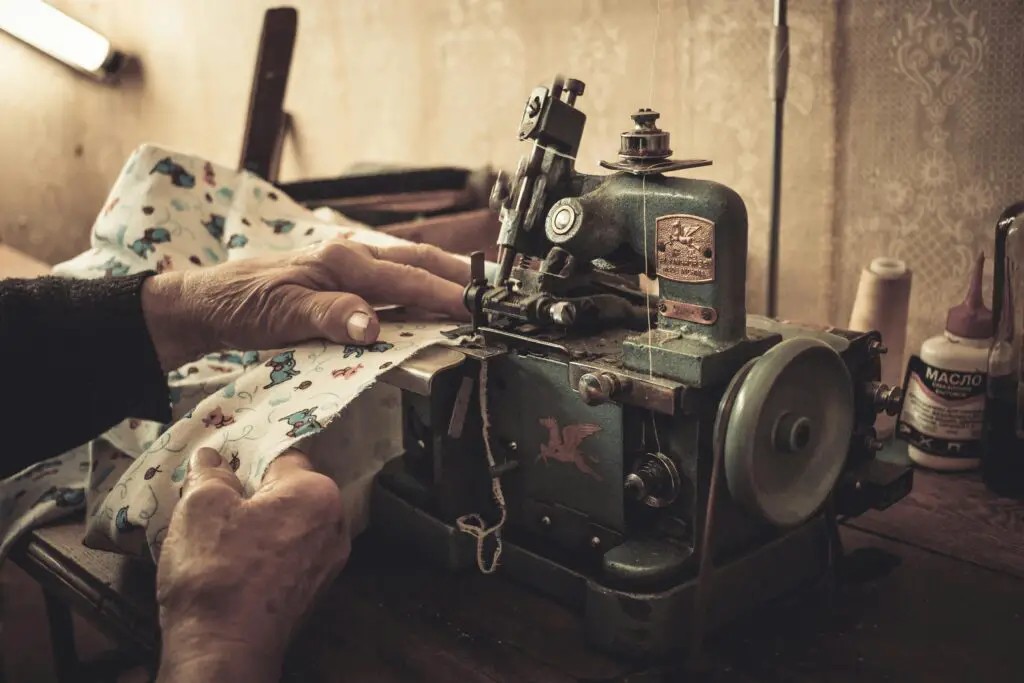
In a world where fast fashion dominates, most people don’t think twice about tossing out a shirt with a hole in it. But boomers knew how to sew, patch, and repair their clothes, extending their lifespan significantly. In a survival situation, being able to fix a rip in your jacket or reinforce a worn-out pair of jeans could keep you warm and protected. Basic sewing skills also come in handy for making or modifying gear.
Start by learning how to sew on a button or patch a hole. A small sewing kit can be a lifesaver in your emergency bag. You can even get creative and repurpose old clothes into new items. Once you get the hang of it, you’ll wonder why you ever threw clothes away in the first place.
5. Growing Your Own Food
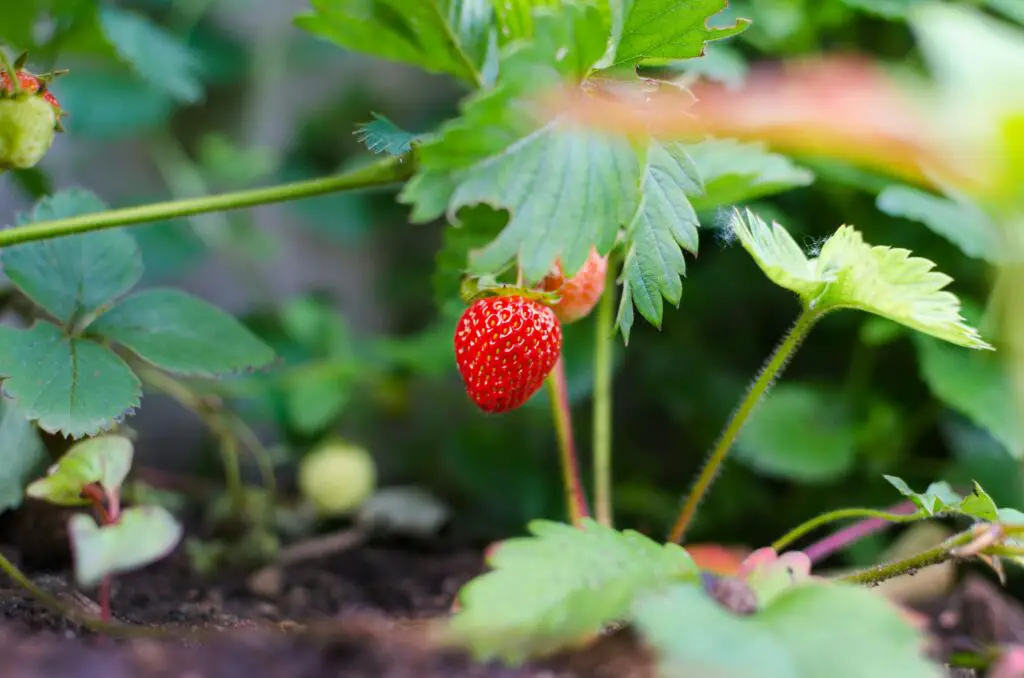
Before grocery stores had everything available year-round, boomers relied on gardens for fresh produce. Knowing how to grow food can provide security in uncertain times, plus it’s a great way to eat healthier. Even if you don’t have a big yard, you can grow herbs, tomatoes, or peppers in containers. Learning how to compost and rotate crops can improve soil health and yield better harvests.
Start with easy-to-grow plants like lettuce, radishes, or beans. Understanding how to store seeds and preserve your harvest extends your food supply. Gardening also teaches patience and self-reliance, qualities that are valuable in any crisis. Plus, nothing beats the taste of homegrown food.
6. Purifying Water
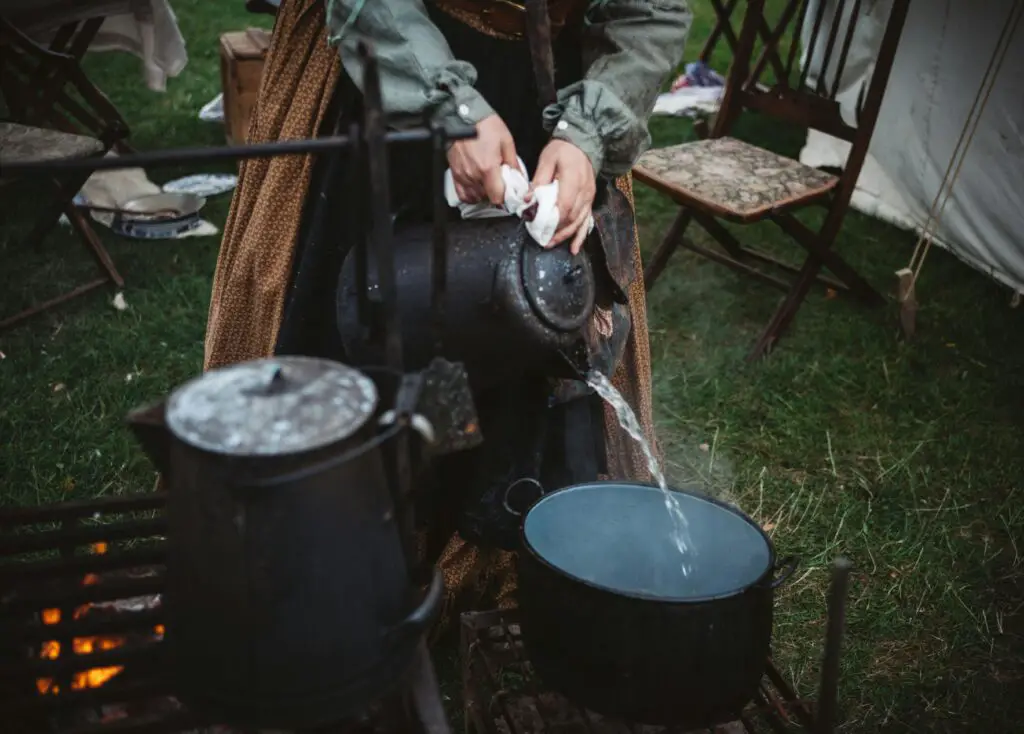
Boomers grew up drinking from hoses, creeks, and wells, often learning firsthand the importance of clean water. In a crisis, having access to safe drinking water is one of the most critical survival skills. Knowing how to boil, filter, or chemically treat water can prevent life-threatening illnesses. Carrying a small portable water filter or iodine tablets can be a simple but effective backup plan.
If you’re stuck without these tools, boiling water for at least one minute can kill most bacteria and viruses. Another option is making a DIY filter using sand, charcoal, and cloth. Learning about natural water sources and how to collect rainwater safely can also be lifesaving. When disaster strikes, clean water is more valuable than gold.
7. Canning and Preserving Food

Before refrigerators and freezers were common, people had to preserve food in other ways. Canning, pickling, and dehydrating were essential skills that kept food from spoiling. If supply chains are disrupted or fresh food becomes scarce, having preserved food can keep you fed for months. Knowing how to safely can vegetables, fruits, and even meats ensures long-term storage without relying on electricity.
Start by trying a simple jam or pickle recipe. Water-bath canning is great for high-acid foods, while pressure canning is necessary for low-acid items. Dehydrating fruits or making jerky is another easy way to store food long-term. These skills can help stretch your food supply and reduce waste.
8. Navigating Without GPS
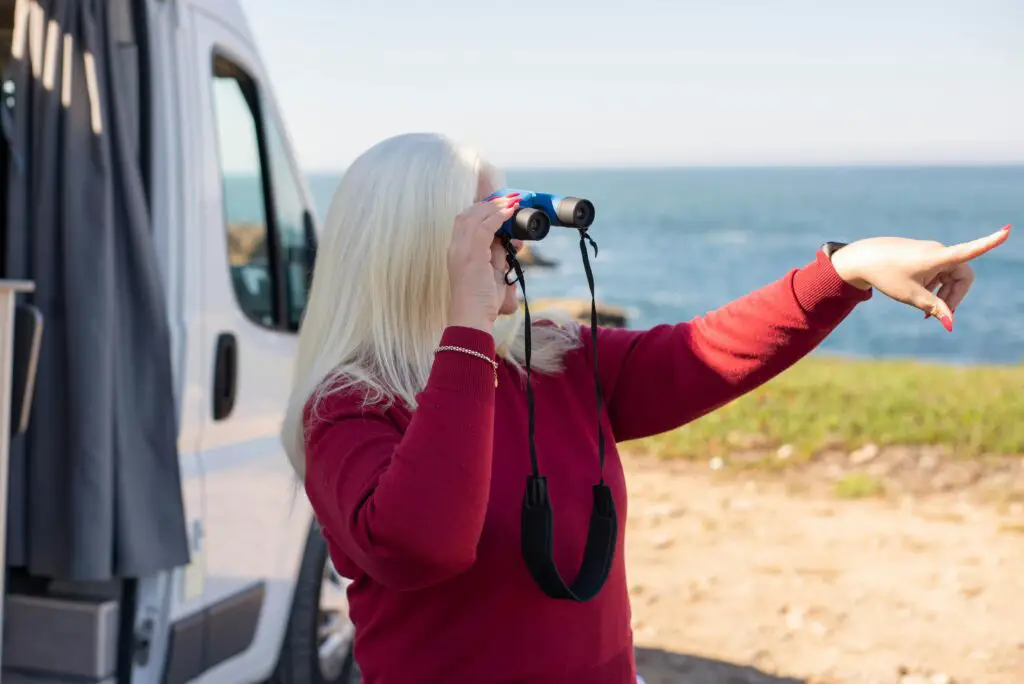
Long before smartphones, people had to rely on landmarks, road signs, and their sense of direction. Boomers learned how to get around without turn-by-turn instructions, a skill that could save your life if technology fails. If you’re lost, understanding how to use the sun, stars, or natural features to find your way can be critical.
Start by practicing in your local area—try to navigate without checking your phone. Notice how roads curve, where the sun rises and sets, and what major landmarks exist. Learning how to use a compass adds another layer of security. The more you train yourself to observe your surroundings, the less likely you’ll get truly lost.
9. Hunting and Fishing
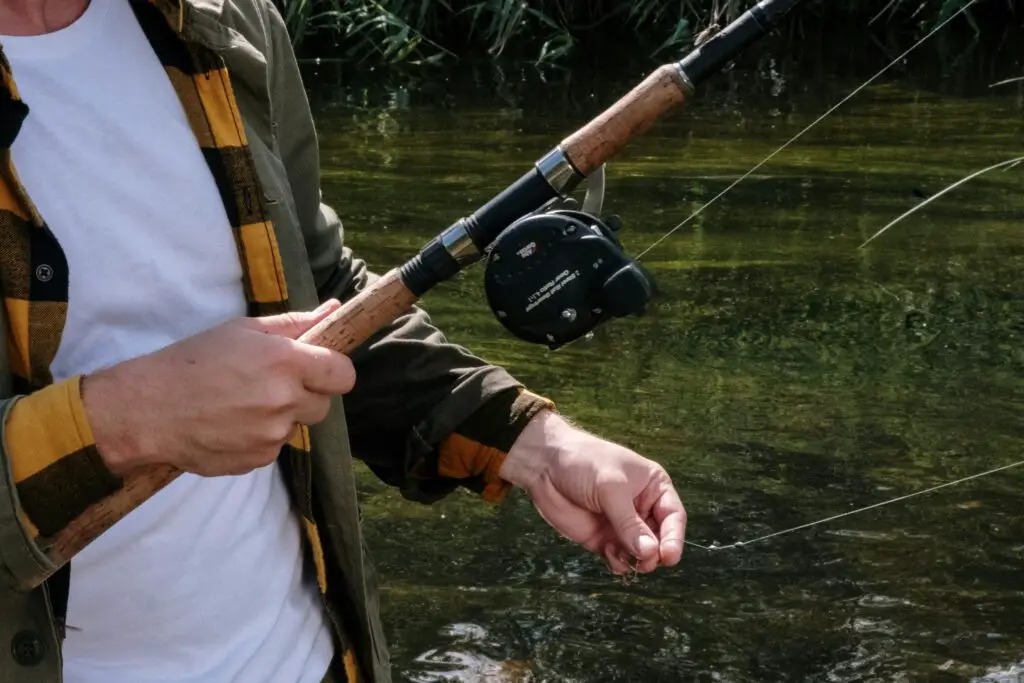
Boomers often grew up hunting and fishing, not just for sport but as a way to put food on the table. In a survival situation, knowing how to catch your own meal could mean the difference between going hungry and staying nourished. Setting traps, understanding animal tracks, and knowing how to properly clean and cook wild game are all valuable skills.
Fishing is a great starting point since it requires minimal equipment. Learning to identify edible fish and knowing basic knot-tying for fishing lines can make a big difference. If hunting seems daunting, start by researching local wildlife and laws. Even just knowing how to build a simple snare can increase your survival chances.
10. Identifying Edible Plants
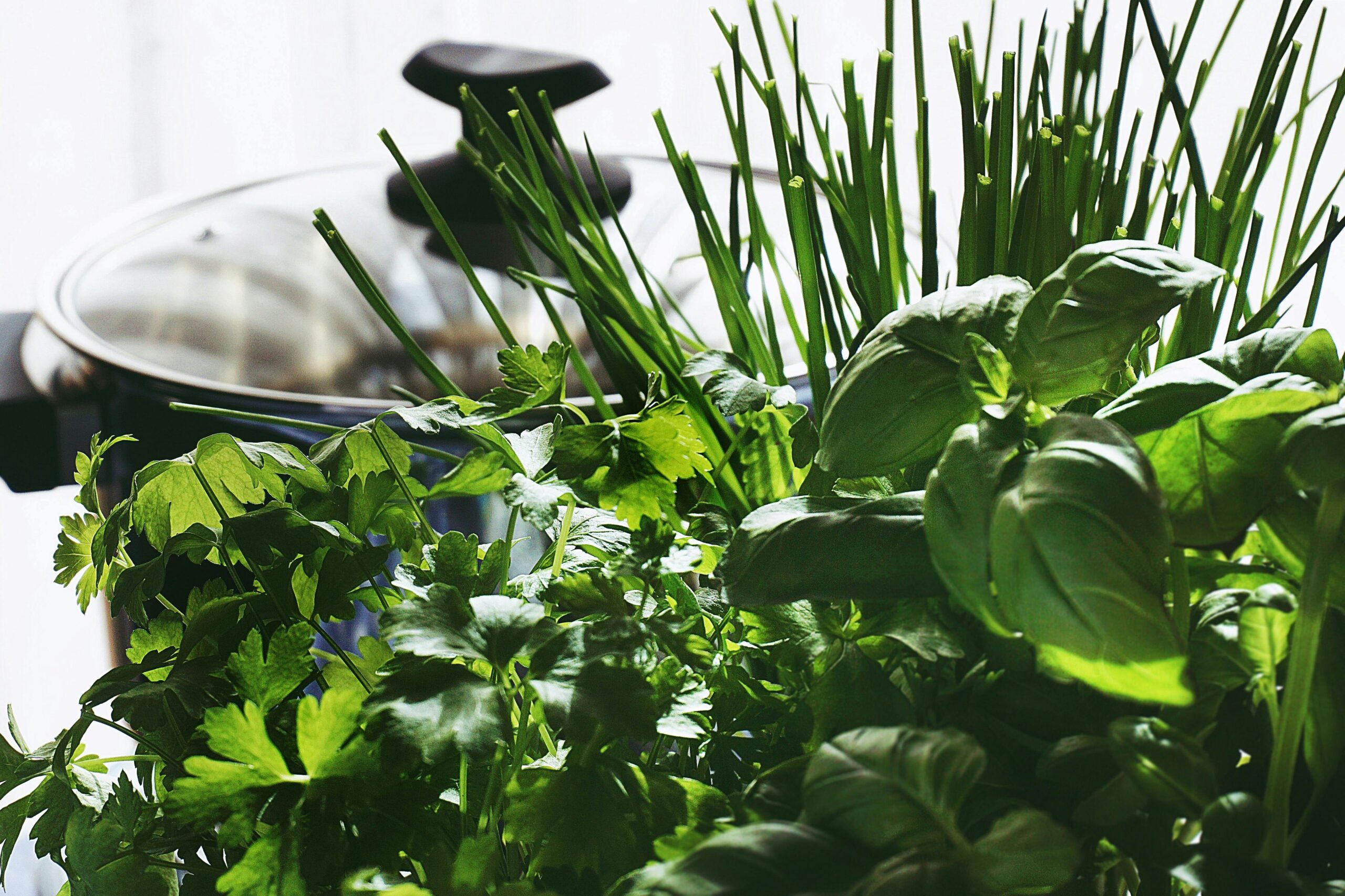
Foraging was once common knowledge, but most people today wouldn’t know what’s safe to eat in the wild. Boomers who grew up in rural areas often learned how to identify berries, nuts, and greens. This skill can be lifesaving if you ever need to find food in nature. However, eating the wrong plant can be dangerous, so proper identification is key.
Learn a few common wild edibles in your area, like dandelions, cattails, or acorns. A good foraging guidebook can help you differentiate safe plants from poisonous ones. Start by identifying plants in your backyard before venturing further. The more you know, the more confident you’ll be in an emergency.
11. Making a Shelter

Boomers who camped or worked outdoors knew how to build a shelter with minimal tools. If you ever get stranded, protection from the elements is your first priority. Knowing how to use branches, leaves, and tarps to create a wind- and waterproof shelter could save your life.
Practice by setting up a lean-to or debris hut in a safe environment. Understanding insulation, wind direction, and waterproofing makes a huge difference. Even in an urban setting, knowing how to find or modify a shelter can be critical. Survival is all about resourcefulness.
12. Using Basic Tools
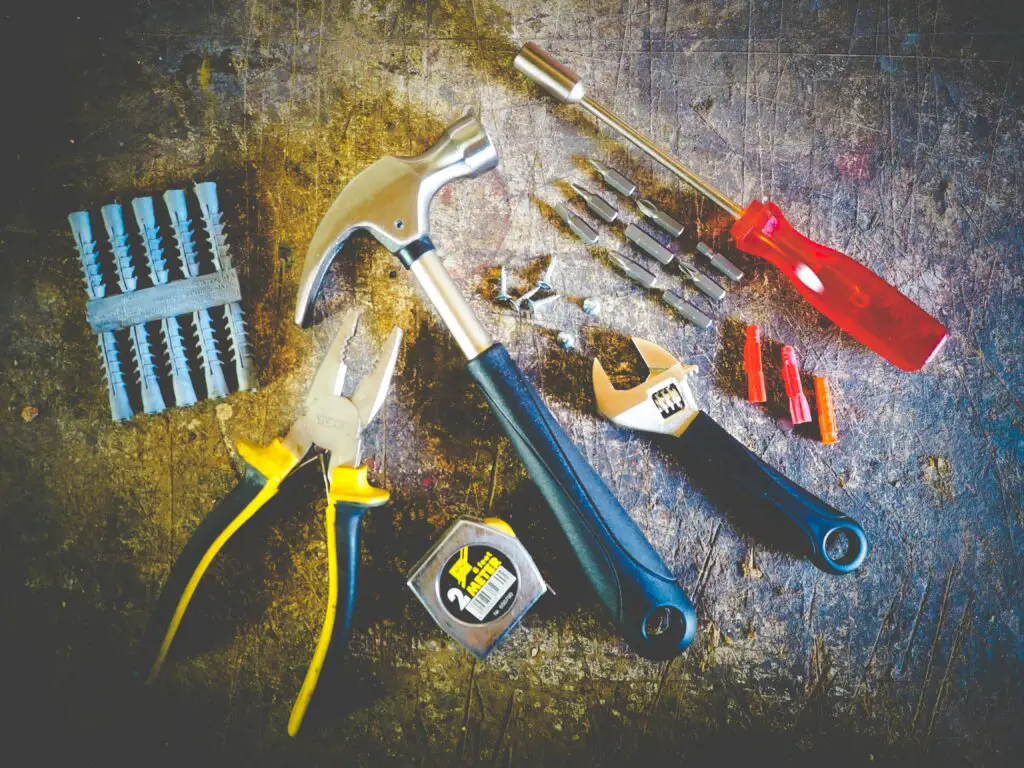
Boomers grew up fixing things rather than replacing them. Knowing how to use a hammer, saw, or wrench could be a game-changer in an emergency. Basic carpentry and repair skills can help you build, fix, or fortify what you need to survive.
Start by learning how to properly cut wood, drive nails, or fix leaks. A well-stocked toolbox is just as important as knowing how to use it. Self-reliance starts with the ability to make or repair essential items.
13. Tying Knots

Boomers often learned knot-tying for camping, fishing, and daily chores. Knowing strong knots can help secure shelters, create traps, or save a life in an emergency. Mastering a few basics, like the bowline or clove hitch, is a great start.
Try practicing knots with rope or paracord at home. A well-tied knot can mean the difference between security and disaster. The skill might seem simple, but it’s incredibly useful.
